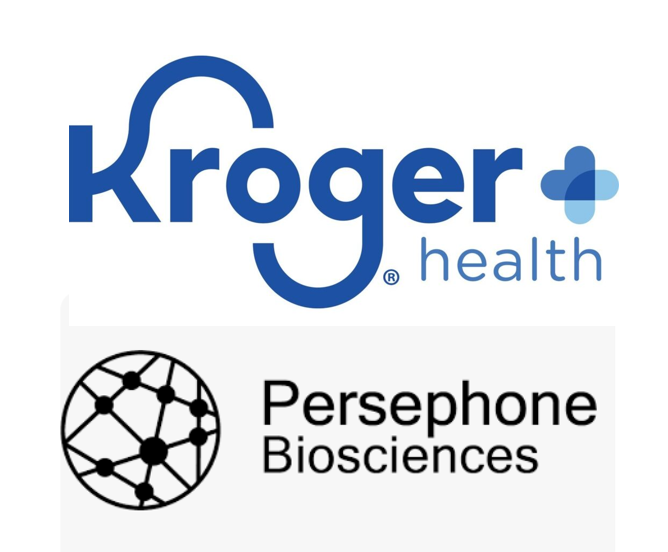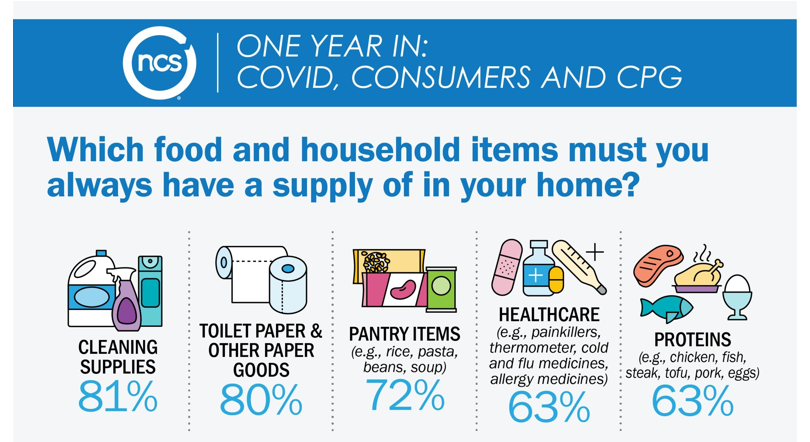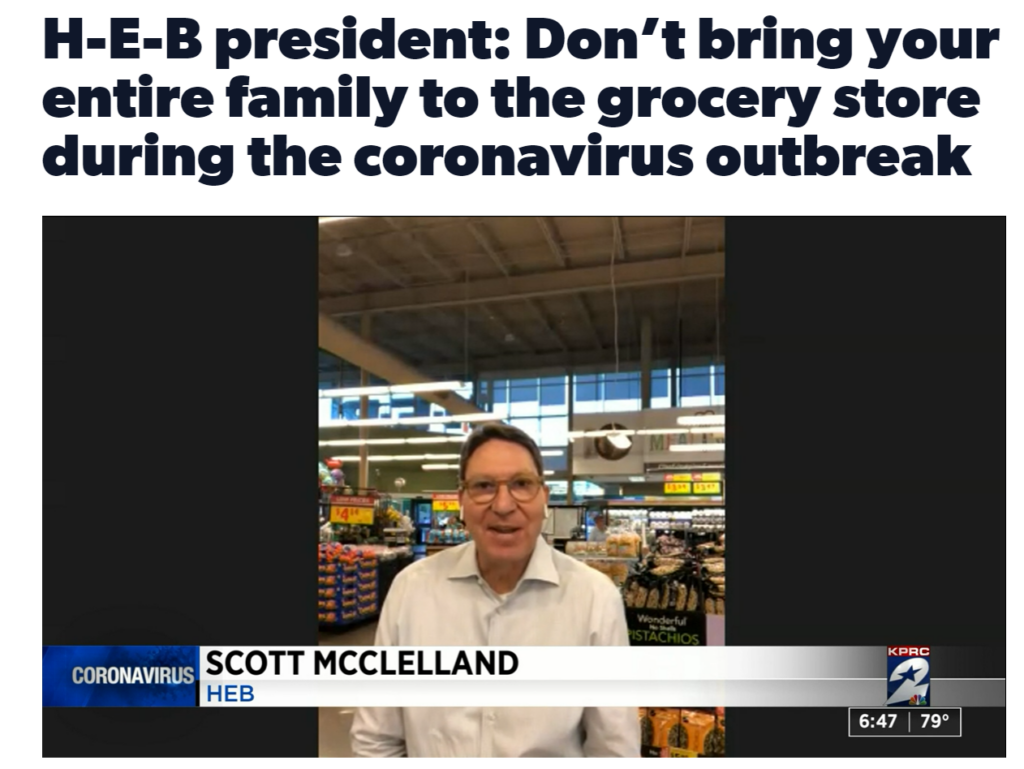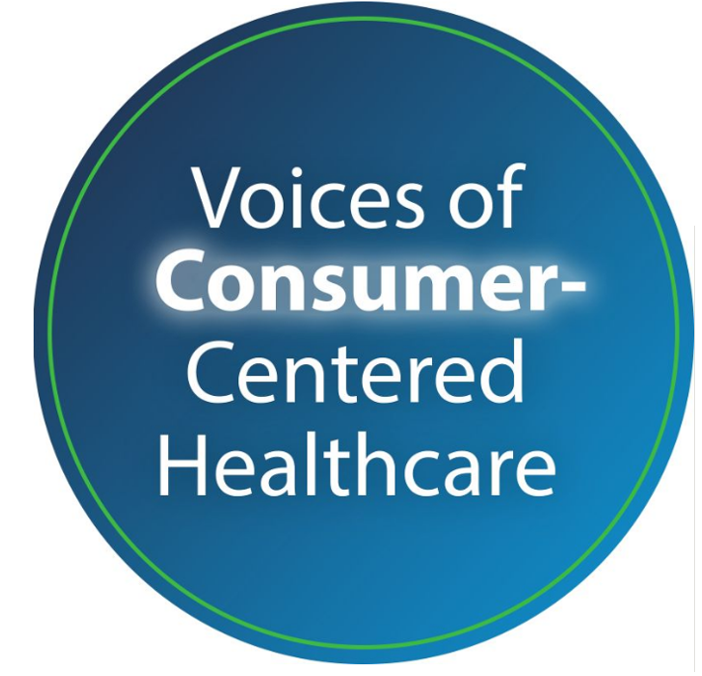Our grocery stores were essential touchpoints for us during the COVID-19 lockdown era and thereafter, addressing our basic needs for food and medicines and even social health from early 2020 and since.

Grocery stores have been morphing into health/care destinations for the past decade, in the best cases bolstering nutrition, supporting medication adherence and patient outcomes, and helping us curate healthy grocery carts with nutritionists as part of the store pharmacy team.
Now Kroger continues to expand its health/care footprint and capabilities, becoming a clinical trials channel as announced in its January 24th press release.
The focus on the first clinical study will be for microbiome-based biomarkers associated with colorectal cancer to address gut and immune health. The Little Clinic retail health sites operated by Kroger’s affiliate will collaborate with Persephone Biosciences to bolster recruitment in the ARGONAUT clinical study (NCT04638751).
Kroger Health’s president Colleen Lindholz explained: “With our team of more than 24,000 healthcare professionals, under the umbrella of America’s grocer, we are positioned at the nexus of food and healthcare, which provides us with the unique opportunity to increase accessibility to clinical trial opportunities. As a trusted community healthcare destination, we envision a future where our work transforms the clinical trial landscape and provides expanded trial access to the people we serve.”
Kroger intends to expand this effort to additional locations beyond the initial Toledo, Ohio, market area.

Health Populi’s Hot Points: How appropriate for Kroger Health to launch its clinical trial program with a study focused on gut microbiome…..with the company’s growing focus on food-as-medicine and population health discussed here in Health Populi.
We observed consumers’ growing their self-care muscles and skills from the start of the pandemic, quantified in 2021 by NCSolutions in its study on how people were using consumer packaged goods in the public health crisis.
The graphic illustrates some of NCSolutions’ insights: more people amped up their purchases of hygiene and protein. Two in three consumers saw healthcare purchases via CPG products as essential for their home supply’s “Pandemic Pantry.”

Another part of the survey noted that 42% of consumers said that grocery shopping was a way to get out of the house and feel normal — that’s the “social health” aspect that grocery shopping afforded many people.
So many consumers took advantage of the store-as-social-opportunity that one point that the H-E-B President Scott McClelland asked shoppers to limit the number of family members accompanying them to the grocery store to enable physical distancing. Social health happens in many forms in local communities.
And now, clinical trials “in aisle 9,” as they say, with an on-ramp from Kroger Health in peoples’ hometowns.
Kroger joins the clinical trials community on the retail health side of the market with CVS Health and Walgreens. Here is CVS Health’s launch announcement on their clinical trials program, announced May 2021.
Here is Walgreens’ press release, from June 2022, explaining that the effort was designed, “to break through barriers to engaging broader and more diverse communities….[coinciding] with recent steps taken by the U.S. Food and Drug Administration to increase racial and ethnic diversity in clinical trials given 20 percent of drugs have a variation in responses across ethnic groups, yet 75 percent of clinical trial participants are white, while only 11 percent are Hispanic and fewer than 10 percent are Black and Asian.”
The growing retail health connections to people living their lives at home and in their communities can positively re-shape clinical trials results and truly real-world evidence from Everyday People’s Everyday Lives. Kudos to these organizations working to address the challenge of health equity, health access, and healthier, longer lives for all health citizens.




 Thank you, Jared Johnson, for including me on the list of the
Thank you, Jared Johnson, for including me on the list of the  I am so grateful to Tom Lawry for asking me to pen the foreword for his book, Health Care Nation,
I am so grateful to Tom Lawry for asking me to pen the foreword for his book, Health Care Nation,  Thanks to Feedspot for naming this blog, Health Populi, as a
Thanks to Feedspot for naming this blog, Health Populi, as a